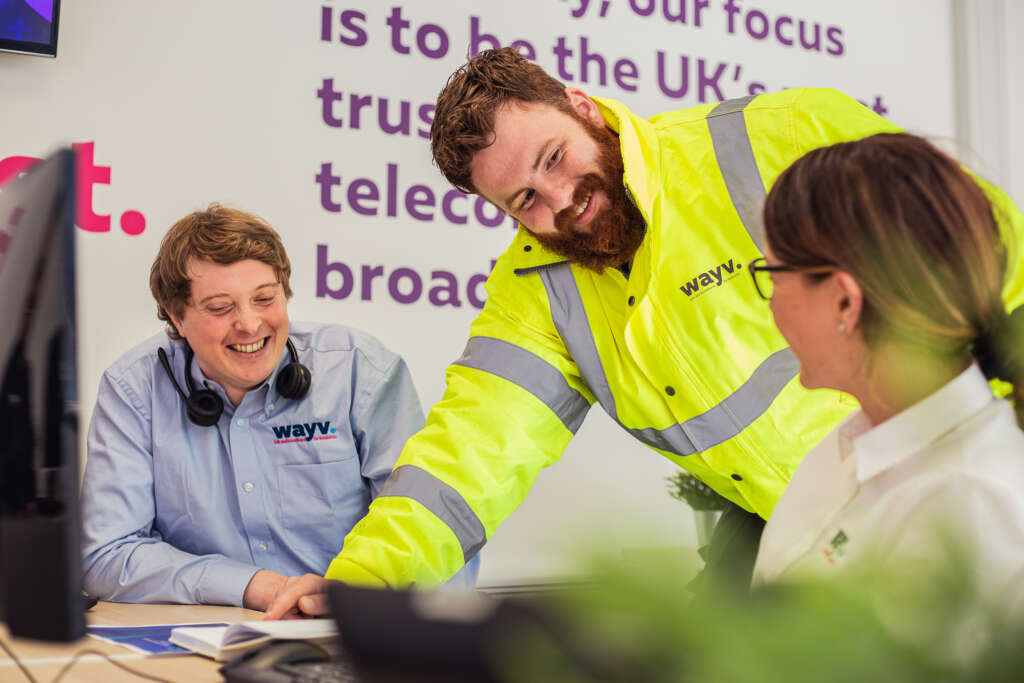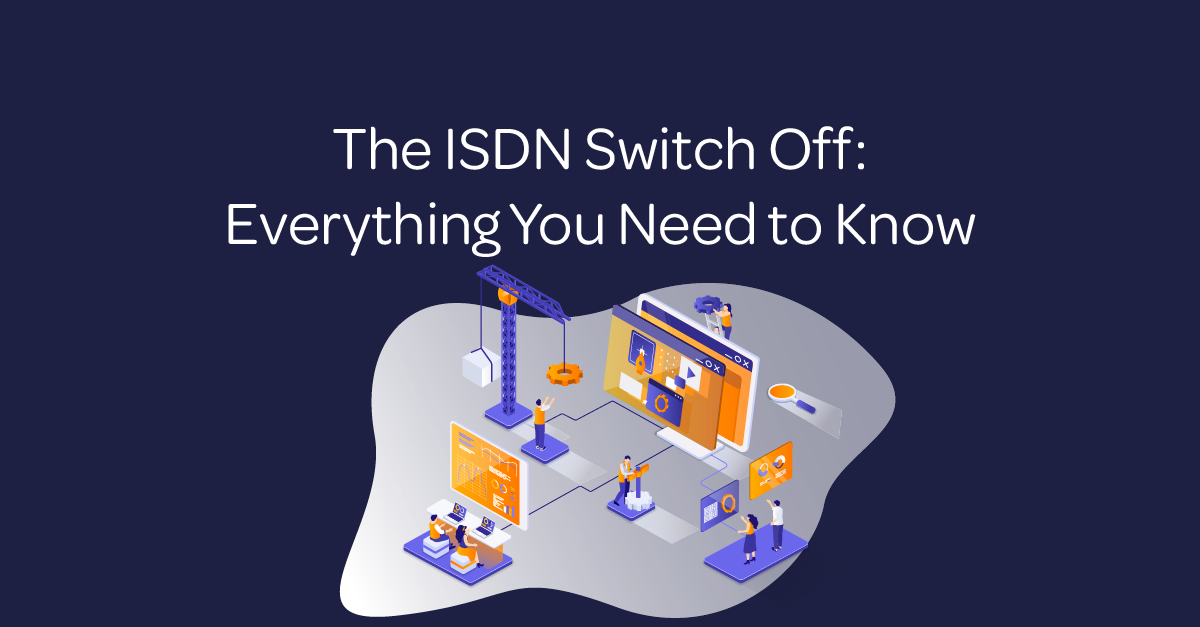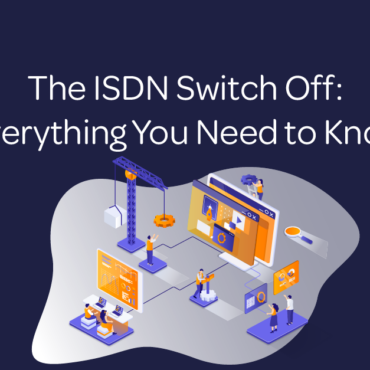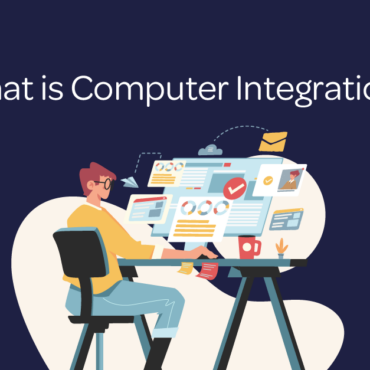ISDN stands for Integrated Services Digital Network. It is a set of communication standards for transmitting digital data and voice over traditional telephone lines.
ISDN was developed to provide a more efficient and higher-quality alternative to the analogue telephone systems that were prevalent before the digital age. It has largely been replaced by newer technologies like broadband internet and Voice over IP (VoIP). These technologies offer even higher data speeds and more flexible communication options.
Because of these advances, ISDN is set to be switched off. Many UK businesses are still using the ISDN system and will require an upgrade to a newer system before the end date.
When does it switch off?
The plan is to stop installing or adding ISDN lines are in motion for 2023. From 5th September 2023, Openreach will no longer be selling new landlines to customers in the UK – this applies to homes and businesses.
Areas that have achieved a high level of coverage with gigabit capable networks are already in the process of leaving the ISDN network with 500 locations from August 2022 that no longer offer copper phone lines.
The date of the ISDN forced migration is between April and December 2025.
This means there will be no support, engineers will not fix faults, and availability of parts will decline. If businesses are not prepared before the switch off date, there is expected to be a long queue of installations that could mean you will be left with no telephone system available for use. It is vital that the switch happens, and happens as soon as your business is able.
What are your options?
SIP (Session Initiation Protocol)
SIP trunking is a technology that enables businesses to make and receive phone calls over the internet using their existing Private Branch Exchange (PBX) phone system.
What does it do: Manages how communication sessions are started, modified, and ended.
What is it used for: Used for setting up and controlling various types of real-time communication sessions.
Examples: Helps initiate voice calls, video calls, and instant messaging sessions.
VoIP (Voice over Internet Protocol)
VoIP is a technology that enables businesses to make and receive phone calls over the internet using the cloud.
What does it do: Manages how communication sessions are started, modified, and ended.
What is it used for: Used for setting up and controlling various types of real-time communication sessions.
Examples: Helps initiate voice calls, video calls, and instant messaging sessions.
Find out more about PBX and VoIP Systems here.
Based on your business needs, we can help you decide which option is the best one for your business. Contact us and we give you more information on what would suit your business.
Our Knowledge Hub For SME Insights
Wayv Certified Carbon Neutral for Second Year
Wayv are delighted to have been certified carbon neutral by Carbon Neutral Britain for the second year running.
The ISDN Switch Off: Everything You Need to Know
ISDN stands for Integrated Services Digital Network. It is a set of communication standards for transmitting digital data…
What are the Advantages of Hot Desking?
In a traditional office model, you will be in your assigned seat, on-site, from 9-5 every weekday. With…
What Is Computer Integration?
Computer integration integrates your business phone systems by allowing employees to complete all phone-related tasks through your computer,…
Why Businesses Need Call Recording
Call recording is now a fundamental feature of business phone systems; it ensures business protection and improved performance. …
Neurodiversity in the Workplace
Diversity consultant Susan Woods, Henderson Woods, explains, “Diversity of thought is fundamental to understanding the power of diversity…
Better Bandwidth, Better Business Outcomes
In the ever-changing digital world, businesses must be able to keep up to be able to thrive in…
7 Tips to Beat Workplace Stress and Boost Wellbeing
We all know that work can sometimes be stressful. The deadlines, the pressure, and the endless to-do lists…














